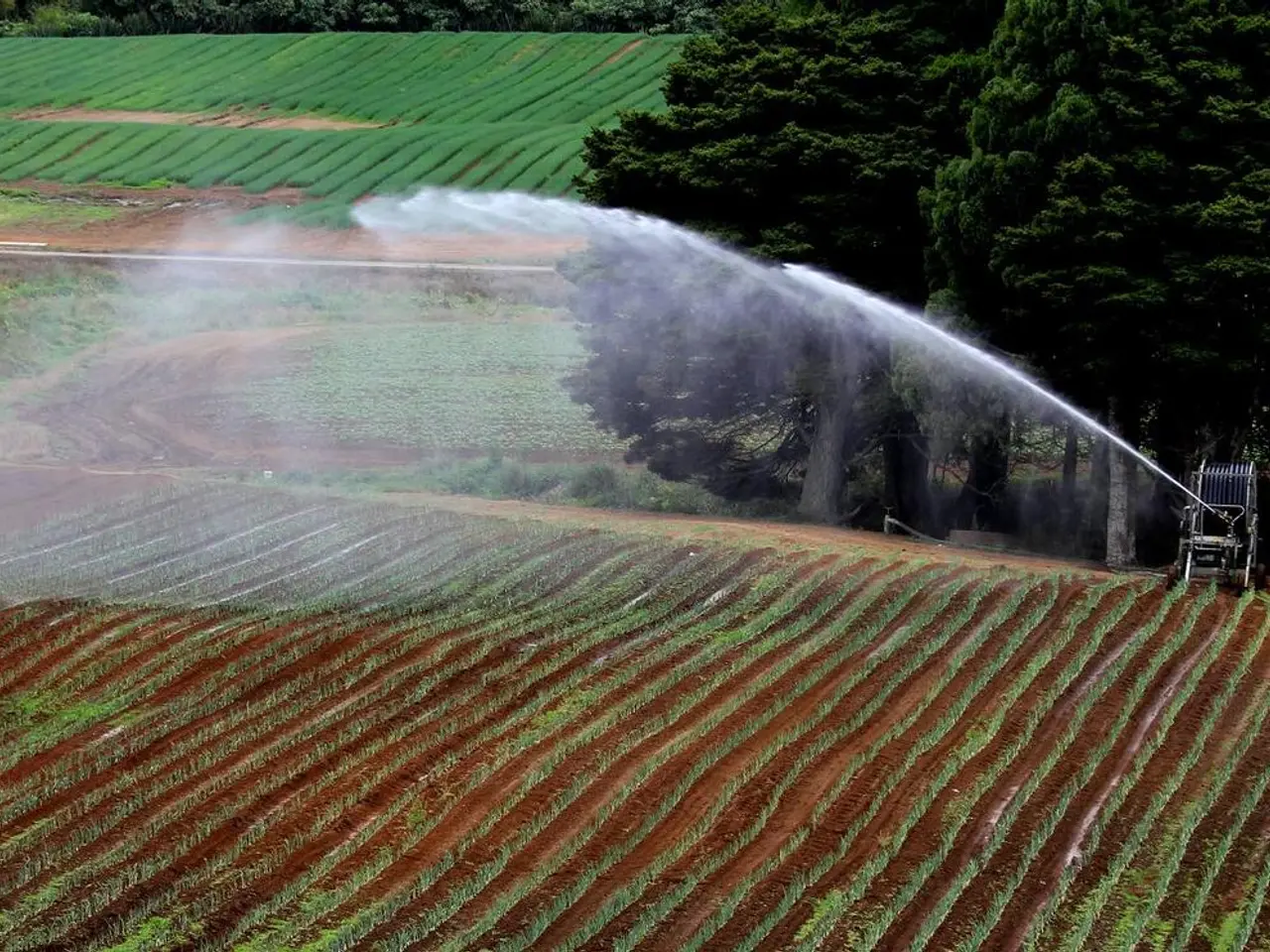Advanced Techniques for Automating Farming Equipment
In the ever-evolving world of agriculture, technology is playing an increasingly significant role. From data analysis to autonomous tractors, farmers are embracing innovative automation techniques to optimize crop yields and make informed decisions about their farms.
One of the key advancements in this field is the use of agricultural robotics. These robots, equipped with GPS technology, self-driving capabilities, sensor systems, and data collection features, are transforming farming efficiency. Modern autonomous tractors can plant seeds at the perfect depth and spacing, leading to healthier plants and increased crop yields.
Data analysis is another crucial tool in the farming arsenal. By analysing large amounts of data quickly, farmers can predict crop yields, pest outbreaks, and make better decisions about their farms without stepping into the field. Crop monitoring systems, such as drones and soil sensors, provide real-time data on soil moisture, temperature, and plant health, enabling farmers to optimize yield and make timely interventions.
The combination of robotics with precision agriculture offers several benefits. It leads to more accurate and efficient resource use, increased crop yields, reduced input costs, and improved sustainability. Robots, equipped with AI and advanced sensors, can perform tasks like targeted planting, precise fertilization, and localized pest management with high accuracy, minimizing waste of seeds, fertilizers, and pesticides while optimizing crop health and yields.
Key benefits of this integration include precision in the application of inputs, labor efficiency, enhanced pest and weed control, continuous and real-time crop monitoring, sustainability, integration with AI and IoT, and improved farming outcomes under uncertain factors like climate variability and market changes.
Smart irrigation systems, for instance, can reduce water use by up to 30%. The Internet of Things (IoT) plays a critical role in modern farming, with sensors in fields collecting data about soil conditions and sending it to farmers' devices for quick decisions and improved farming practices.
By embracing these innovative automation techniques, farmers are not only improving their yields and efficiency but also promoting sustainable farming practices critical for addressing global food security challenges. Regular training in the latest techniques and tools keeps farmers' skills sharp, ensuring they stay at the forefront of this technological revolution.
Sources: [1] Smart Agriculture: The Future of Farming [2] The Role of Robotics in Modern Agriculture [3] Precision Agriculture: The Future of Sustainable Farming [4] The Impact of Agricultural Robotics on Crop Yields [5] Sustainable Pest Management with AI-Enabled Robotic Systems




